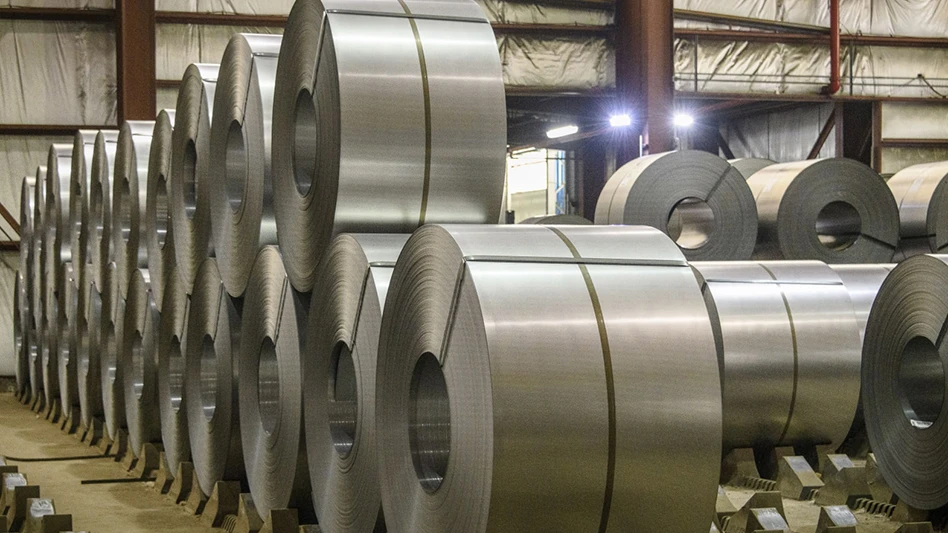The scrap industry veteran had a singular point to convey: Whatever happened to paying attention to the buy side in scrap transactions?
In a conversation at the Institute of Scrap Recycling Industries Inc. (ISRI) Annual Convention in San Antonio, the gentleman noted that while the numbers on the ledger sheet per ton for ferrous scrap remain depressed, all does not have to be gloom and doom.
One of his points is that there are still profits to be made for savvy operators. His second point relates to the first: It is times like this when savvy operators separate themselves from the less skilled.
On the one hand, it can seem cruel to promote a form of social Darwinism as a positive thing. When businesses close, lives are disrupted and plans are destroyed.
But if one looks at the concept of the “greater good,” an industry such as scrap recycling can experience benefits when downturns occur. Efficient operators-those paying attention to the buy side- are rewarded. And often, advances in equipment design and utilization are prompted by the thinner margins.
Advocates of capitalism can note that this is what has always separated a market-based economy from the others. Winners can be rewarded for any number of skills, including proper planning or the seemingly contrary ability to react quickly and to innovate when forecasts prove faulty.
The ability to fail is also inherent in capitalism-as is, in most cases, the ability to bounce back from that failure. But it is the ability to succeed, in both large and small ways, that lifts the system up as the one that people around the globe continue to be drawn toward.
Yes, the short-term news can be worrisome. As evidenced by our cover story, steel mills are struggling and some scrap companies are being drawn into the troubles.
But the scrap industry veteran and hundreds more like him across the globe are confident that the bad times will yield to better times, and that even during these tough times, a lot of positive developments are occurring for the recycling industry. “You have to be knowledgeable,” says the scrap veteran, “and keep in mind that the money is made in the buying.”
Corrections:
In the March Scrap Industry News item “Newells Now Competing with Namesake Company,” a list of automobile shredder companies in the last paragraph has two noticeable omissions. An earlier reference in the news item to Texas Shredder Inc., San Antonio, was edited out during a late stage of editing, which means the company should have been added to the list. It was not and we apologize. Also, the Harris Shredder Division of Harris, Peachtree City, Ga., should have been added to this list of auto shredder manufacturers, and we apologize for this omission. And in the Ferrous Scrap Supplement within the January Recycling Today, alert reader Seymour Padnos has pointed out an error in one of the charts. A chart appearing on page S21 of the supplement, within the feature entitled “A Shifting Current,” lists export figures of ferrous scrap from the U.S. to six other nations. The numbers given are attributed as volume figures measured by metric tons. In fact, the numbers denote dollar amounts measuring the value of the scrap. As Mr. Padnos noted when pointing this out to us, sending 215 million metric tons to South Korea in 1999 would be moving “a lot of scrap.”

Explore the May 2001 Issue
Check out more from this issue and find your next story to read.
Latest from Recycling Today
- Magnomer joins Canada Plastics Pact
- Electra names new CFO
- WM of Pennsylvania awarded RNG vehicle funding
- Nucor receives West Virginia funding assist
- Ferrous market ends 2024 in familiar rut
- Aqua Metals secures $1.5M loan, reports operational strides
- AF&PA urges veto of NY bill
- Aluminum Association includes recycling among 2025 policy priorities





